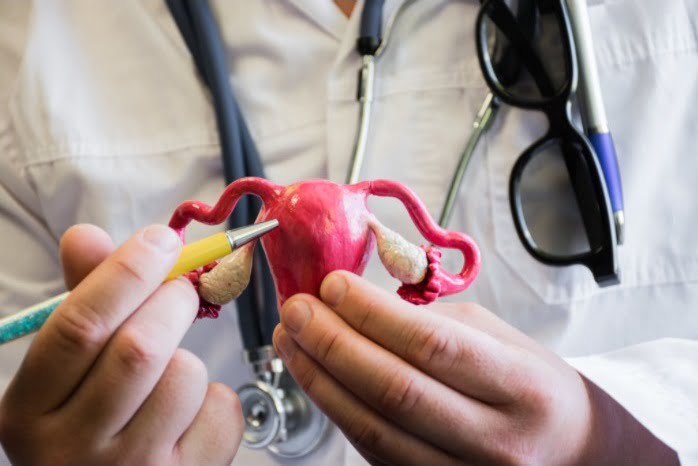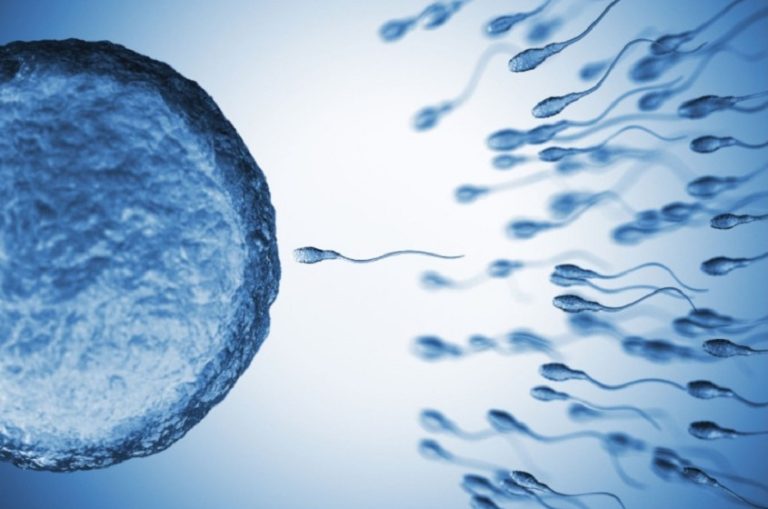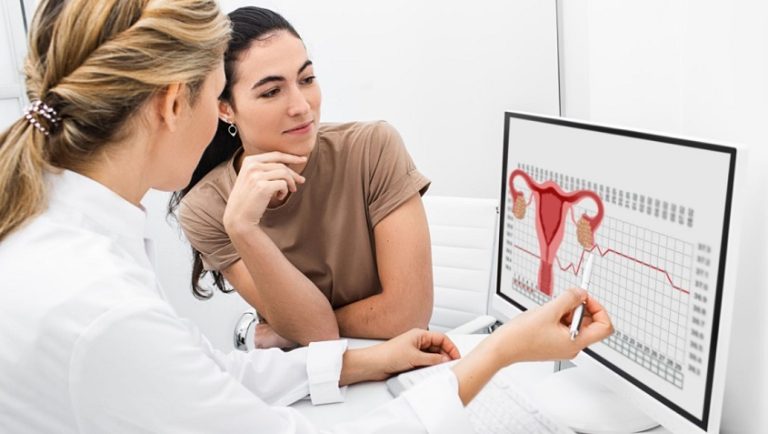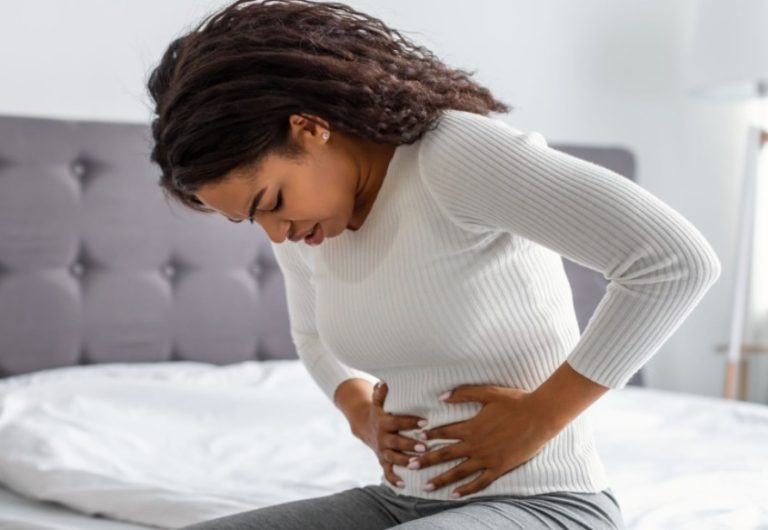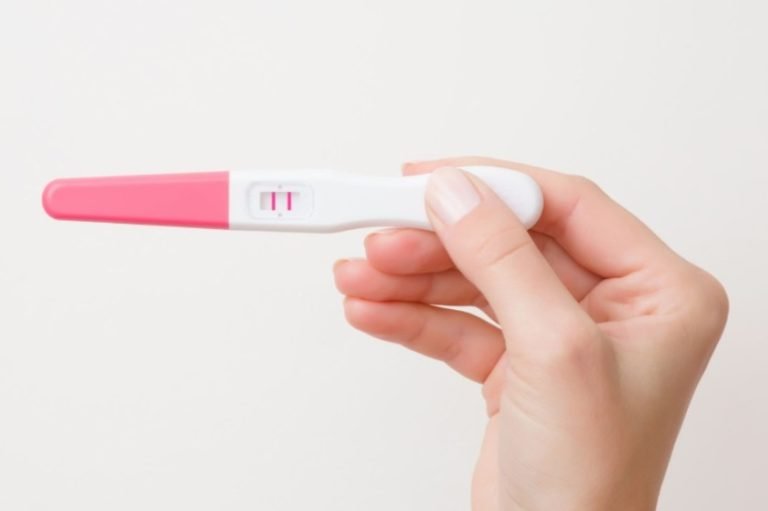Browsing: Women Health

The page provides quick access to a list of common diseases, syndromes, health conditions, and other topics of health importance pertaining to women’s health. The list is organized alphabetically. Links are provided to respective diseases sections that serve as a comprehensive and ultimate guide about the disease or health condition.
A gynecological disorder involves damage or risk to any female reproduction organ, which includes the abdominal and pelvic area, i.e., ovaries, uterus, fallopian tubes, vagina, vulva and breasts. Some of these disorders can even affect the proper functioning of the reproductive system and may create difficulty during pregnancy or child birth.
Healthcare professionals believe that every woman may suffer from one or another type of gynecological condition at some point in their life. In the past few years, the incidence of few gynecological disorders has sternly increased such as endometriosis, uterine fibroids and breast cancer. They have not only affected adult women, but teenage girls also have shown high incidence of certain gynecological diseases.
From puberty till menopause, a woman’s reproductive organs are continuously changing due to sexual activity, pregnancy and aging. These changes occur due to variation in hormonal levels in the body. An injury or a disease can also affect your reproductive system, leading to a gynecological disorder.
Common gynecological disorders include dysmenorrhea, vulvodynia, chronic pelvic pain, breast cancer, polycystic ovary syndrome, endometriosis, uterine fibroids, vaginitis and menstrual cramps.
Infertility affects both genders, with male infertility accounting for nearly half of cases. It’s the inability to impregnate due to various reasons, impacting couples emotionally. Factors include sperm issues, lifestyle, environment, and genetics. Diagnosis involves medical history, physical exam, semen analysis, and tests.
Age impacts fertility in both men and women. As women age, fertility declines, increasing the risk of chromosomal abnormalities and difficulties in conceiving. Pregnancy complications like gestational diabetes and preterm delivery are more likely. Men also experience reduced fertility with age, affecting sperm production and increasing the risk of genetic abnormalities in children.
Ovulation is a crucial process in female reproduction, releasing a mature egg for potential fertilization. Disorders like anovulation, oligoovulation, and irregular ovulation hinder natural conception due to hormonal imbalances, age, lifestyle, or structural issues. Diagnosis involves medical history, exams, blood tests, ultrasounds, and ovulation tracking.
Ovulation induction stimulates ovaries to release eggs, increasing chances of conception. It’s used to treat infertility, involving medications and techniques like IVF. Tailored for each patient, it’s recommended for women with ovulatory disorders or couples struggling to conceive.
Menstrual Cycle and Hormones: Understanding the Role of Estrogen and Progesterone
The menstrual cycle is regulated by hormones, estrogen, and progesterone. Understanding their role in women’s health is crucial. Hormonal imbalances can lead to common menstrual disorders like PMS, PCOS, endometriosis, and menopause. Treatment options include hormone replacement therapy, alternative therapies, and lifestyle changes.
Polycystic Ovary Syndrome (PCOS) and Fertility: Causes and Management
Polycystic Ovary Syndrome (PCOS) is a hormonal disorder that affects many women of reproductive age. It is a complex condition that can have a significant impact on a woman’s fertility. Women with PCOS often have high levels of androgens (male hormones) and insulin resistance, which can disrupt their menstrual cycles and lead to irregular ovulation. These factors can make it more difficult for women with PCOS to conceive and carry a pregnancy to term.
Irregular periods can be a cause for concern for many women. They can be caused by a variety of factors, including hormonal imbalances, PCOS, thyroid disorders, weight changes, stress, medications, and certain medical conditions. Understanding the underlying causes of irregular periods is crucial for effective treatment. In this article, we will explore the causes and treatments of irregular periods, as well as self-care strategies and prevention tips for managing irregular periods and improving overall health and wellness.
Understanding ovulation and conception is crucial for improving fertility and making informed reproductive decisions. Discover how these natural processes work to support healthy and fulfilling reproductive lives for all.
Endometriosis poses challenges for conception. Abnormal endometrial tissue growth outside the uterus leads to pain, inflammation, and disruption of reproductive organ functions. This article explores endometriosis causes, fertility issues, and treatment options like medication, surgery, and lifestyle changes. Understand endometriosis complexities to make informed decisions for improved chances of conception.
There are common myths and misconceptions surrounding getting pregnant after ovulation, such as the idea that it’s impossible to conceive after ovulation. However, it’s possible but the chances are low. Accurate information is essential, and seeking medical advice can help identify any underlying fertility issues and ensure timely treatment.






